First Quarter: Ancestral recipes

Hello. It's Friday. The world around me is starting to erupt with flowers — forsythia, cherry blossoms, violets, pansies, magnolias — or tender leaves and shoots, like the green peeking from the rose bush or the peas in the vegetable bed. Some things are even happening too early, like the blooms I noticed on one part of our phlox cover, or the opening of hawthorn buds; I'm not yet an expert on when these events would normally take place, but intuitively I think the plants are a couple weeks ahead. So it goes. At least it's a beautiful sight, and the temperatures are still often about what they should be.
The strong sense of spring is reinforcing my awareness that at the opposite pole in the year, six months ago, I seem to have begun a process of deeper ancestor work that completed its first phase just the other day. I hadn't started this as some formal annual resolution; but perhaps it's been an inevitable development on the animist path that I did resolve to walk more closely, and likewise for my trauma healing and political praxis.
A lot of this ancestor work has taken place in the context of two decolonial workshops (following on one I also took in 2021), though also through dipping my toes deeper in genealogy, or through personal reading, my devotional fiction writing, and random little revelations — for example, I watched Dunkirk (2017), liked it more than I expected, talked about the Dunkirk evacuation itself with my mother, then found out that although she couldn't remember which relative for sure, either her uncle or some other man in her family did indeed take a civilian boat, one of the "Little Ships," to ferry British soldiers across the Channel away from the Luftwaffe.
Between that information and learning some more details of how her own mother lived through the Blitz and where her father fought as a US infantryman, I've had a new avenue for understanding the existential threat that Nazis posed to a different part of my family than just the descendants of my hidden Ashkenazi ancestors, my unknown cousins. The nature of the threat to my Cymric ancestors was not systematically genocidal or even ethnically based, so to some extent it's comparing apples and oranges, but nonetheless, my mamgu could well have become the casualty of a bomb, and I've recently concluded that based on her mental health issues might have included PTSD, which begs the question of whether the generational trauma that I already know I inherited from her happens to be along these lines. Meanwhile, my dadcu could well have died in combat — and he didn't, and in fact his division liberated Dachau. I have to wonder what horrors he observed there firsthand... and then whether any of my Jewish relatives were there.[1]
Stories are the most fundamental means of conveying ancestral records from one generation to the next. And of course, when I think of telling stories I think of telling them with words or pictures. But despite my verbal anecdote above, my major point of fascination in these six months of ancestor work has turned out to be a very distinct recording system: food.
The following are some thoughts on ancestral recipes as stories, relation-builders, and ritual protocols.
Background meditations
Despite my long-evolving engagement with the concept of kitchen witchcraft, I've come to this particular angle through my decolonial coursework. Both workshops I've been in recently are offered by an anti-racist organization that I strongly endorse and may have mentioned here in the past: White Awake. Their goal is to educate and empower Euro-descendant people, mainly in the United States, to work in solidarity and mutual healing with Black, indigenous, and/or other people of color, using a class-conscious, anarchistic, animistic lens that eschews the reinforcement of neoliberal guilt/penance and Protestant purity paradigms. The nonprofit is headed roughly equally by white organizers and organizers of color, and the guest speakers also vary on that front; there are also periodic caucusing efforts for course participants whose whiteness is modulated by mixed race, Jewish, and/or queer identities.
I'll let their website explain the philosophical and operational details past that point, but I was attracted to their work three years ago and started with their "Before We Were White" course, which focuses on understanding the construction of whiteness and its function as a dual traumatization: the violent colonial destruction of diverse, once-indigenous cultures in Europe now lumped under the heading of whiteness, and the violent colonial destruction or exploitation of innumerable cultures beyond (and sometimes still within) Europe as anything classified outside whiteness. Several texts and speakers for that course have been a sizeable influence on me ever since.
Last fall, I decided to follow up in a pilot program currently called "Resilience & Repair," which is more of a 201-level experience that takes certain decolonial, anti-racist tenets for granted and then asks what to do next, especially in terms of managing the trauma of familial whiteness so that such trauma can't be inflicted on other people. This course is also structured in much more of small working group format than the last one. Things lasted a whole six months and just finished, though my small group has decided we'll continue to meet online independently. During the progression of the course, I also was inspired to start a shorter course that's still happening for a few more days, "Yachatz: Jewish Ancestral Healing," which is starting to give me a better sense of how much I can ever see myself identifying (or not identifying) with Jewishness.[2]
Food has come up for me first through a small group activity in the longer recovery class. In my group, on one occasion we convened less to process, grieve, or skill-build, and more to celebrate our heritages not as monolithic "white people" but as unique families that have blended culturally diverse traditions; and we enacted this celebration through a virtual meal where each of us prepared or spoke about an heirloom recipe, whether it was created very recently or goes back before our grandparents' memory. I made my mother's picau ar y maen recipe — Welsh cakes — which is also my grandmother's, and her mother's, and seemingly further distant. I've baked these cakes a few times now in my adult life, and I have strong feelings about them that I'll discuss in just a bit.
In the Jewish ancestral healing course, timing has been everything. The course is scheduled to conclude this weekend right before Pesach/Passover. And as it happens, Pesach is one of the few Jewish holidays I've observed more than once even without considering myself Jewish. My family attended our friends' seder once when I was a teenager, and ever since the covid pandemic started a friend of mine has also been hosting a virtual seder for which I've felt obliged to assemble a fairly complete Pesach spread at home. Tomorrow I'll be taking part in that again. Each time, the food is something I look forward to the most. Charoset, deviled eggs, wine, and yes, even matzo, which I'm going to try making by hand this year.
I'm hoping to incorporate this particular seder into my intentional ancestor work through the food angle because I've also reflected many times since discovering my hidden heritage that if there's one vector along which I inherently connect to Jewishness, it's Ashkenazi cuisine. This isn't about anything being "in the blood" (I disagree largely with such concepts), but in at least being raised among many Jewish family friends I was exposed to many, many delicious foods that are staples of Jewish culture on this coast of Turtle Island. At this time of year, I love all the things you can do with matzo itself, but I'm also a fiend for hamantashen, challah, latkes, babka, and a proper bagel with lox. I wish that recipes for these things had been handed down to me from my grandmother on that side, but having at least grown up eating those things fairly often up in a secondhand way, the best way for me to honor my Jewish forebears — even if I don't feel authentically embedded in Jewish community at this time — is perhaps to develop my own practices of making those foods, maybe in the seasons when they're most appropriate, and offering a little at my altar sometimes.
This brings me to the matter of making.
Relaying & performing
At the start of this post, I may have misled a little by suggesting that food records ancestral information without words. Recipes passed from parents to children do require either oral communication or a written document. These words are a story of the ancestors who made and used the recipe; and they are also a story as the narrative structure of a recipe itself. The ingredients are the characters, and the steps they undergo together are the plot, with a beginning, middle, and end — an end which must be digested and incorporated into our living.
But on the other hand, you do not know a recipe simply through memorizing its description. You must actually make the dish in question. It's the same principle as how you won't internalize your understanding of a protocol — for diplomacy, for kink, for worship, etc. — until you kinesthetically code it into your body, including thought sequences in your brain, through repeat activity. It's also the same principle for why studying and writing down rituals will never give you a ritual life; for that, you must live, do, and be the rituals in real time.
For all parts of my heritage, I think I would like to more seriously make a regular practice of enacting certain recipes as rituals. This could be a challenge because I only have so many inherited recipes; but here are a few that I do know, a few that my owner and I are inherently tethering to particular holidays and that perhaps we may pass down to descendants, and some others that I feel are so culturally central that even if I don't know my family's version of the recipe it would make sense to create my own:
- Picau ar y maen, mentioned and shown already. I feel so attached to these because not only has the recipe been closely maintained over the generations, but I grew up helping my mother bake these in large quantities. They are one ultimate taste of "home" to me, and very simple but the perfect blend of buttery and sweet. Fine-tuning the texture is a point of pride for me.
- My mamgu's Christmas sugar cookie recipe, which I bake each year.
- A Cymric toffee recipe, traditional for New Year's, which I'm probably going to try next time.
- "Welsh rabbit," so-called, which my owner makes very, very, very well and relies on a specific Cymric cheddar.
- Potato leek soup and similar dishes in our repertoire.
- Crêpes, for the Québecois side — another thing my owner excels at.
- Numerous French-inspired dishes on that same side, accomplished at varying skill levels.
- Rabbit and lamb recipes that we favor on Calan Mai, either stewed or fire-grilled.
- A date-based charoset recipe (admittedly Sephardic, not Ashkenazi) that I enjoy for Pesach.
- Challah and hamantashen. These would be good to add to my baking skills because I used to have access to a Jewish bakery and now devastatingly do not.
- My mother's mashed potato and linguine bolognese recipes, not because they're culturally specific (we aren't Italian, mea culpa) but because her versions are delicious as far as I'm concerned, and I consider my mastery of them very important in a syncretic way.
- Some recipe(s) my owner and I could develop on our own from the bounty of our specific bioregion, though I acknowledge this is a complex issue when the traditional indigenous custodians do not necessarily have the same opportunities to gather the ingredients for their own recipes.
Of course, having written up what I thought would be a short list, I'm surprised by the length, even if some of these items are only hypotheticals. And as my owner and I already have developed many recipes that aren't even mentioned here, those too could be the start of new heirlooms for younger generations. But my closing thoughts on this topic today are not so much about the recipe ritualists to come, and more again about those who came before.
Spirits in the kitchen
When I've spoken of or thought about kitchen witchcraft in the past, it's been as a matter of alchemy, medicine, and land/seasonal relation. But considering things further since my October post, I feel as if another sense of kitchen witchcraft must be this ancestral element.
Cooking a recipe handed down from the ancestors, I'd like to feel those ancestors more closely. Their gift to me, and my gift to them. I think I also better understand my impulse toward sacred domesticity: that the home can be its own temple, and the kitchen is where some of the most critical rites are performed, day in and day out.
I make no concrete resolutions now, but I'm glad to have written these ideas down, because listening to ancestral spirits in the kitchen might be just the thing I need to eventually become a more active cook in general. Neither a woman's nor a witch's place must be in the kitchen, but most of the women responsible for my existence would have spent a fair amount of time there, and for those who enjoyed that time: I am listening to you.
And I don't often solicit something directly from readers at the end of my musings, but I will today. Tell me, whether in a direct comment, an e-mail, or over social media, what are some ancestral recipes that speak to you this way? When you follow them, and eat the work of your hands, what do you feel?
[1] With Dachau itself, I actually think this is less likely unless some of those relatives were also left-wing activists, which I have no idea about yet. About two thirds of Dachau's prisoners were classified as political, including some plurality of the Catholic priests that the Nazis scooped up (and that the Vatican itself was too cowardly to support through a solid antifascist stance). Only the other third of prisoners there were specifically designated as Jewish.
[2] An underlying catalyst was also the timing of this ancestor work with the human rights catastrophe in Gaza. I am unwaveringly pro-Palestine and regard the state of Israel as an occupying force; however, for years and years I've resisted the urge to take part in what I sometimes see as a white non-Jewish fetish for Palestine, not even as a kind of left-wing antisemitism (sometimes it's that, but mostly it's not) but just as a weird orientalist, tokenizing fascination. But recently I've been galvanized to move from abstract political support for the Palestinian people, toward a more personal investment — as I realized that I do in fact have substantial enough Jewish ancestry that I could probably claim Israeli citizenship, and this frankly feels absurd to me that I could have more rights in Israel than a resident of Gaza does. So although I still hold off from saying "I am a Jew" because it wouldn't feel like an authentic position (even discounting the question of formal conversion), I now recognize that discourse around Israeli occupation has more implications for me than I once thought, regarding both the actual moral obligations that I hold and the moral obligations that non-Jews across the political spectrum perceive Jews as holding. And whether or not that perception is fair, I do have to figure out how to engage with it, even if my choice of engagement were non-engagement.
As usual, thank you for reading. These thoughts were more preliminary than some that I write here, so I may eventually return to this theme with substantially revised or expanded ideas.
In any case, once we have passed through the Full Moon, my focus will be on divination, addressing my curiosity about the art of scrying. The week afterward will be timed for both the Last Quarter and Calan Mai/Beltane, centered around some matters of mental health.
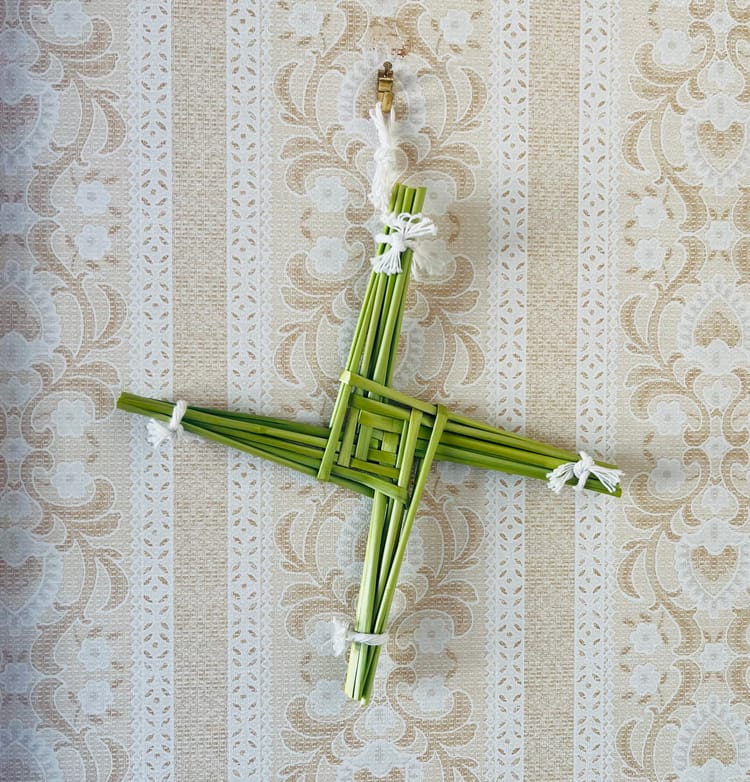
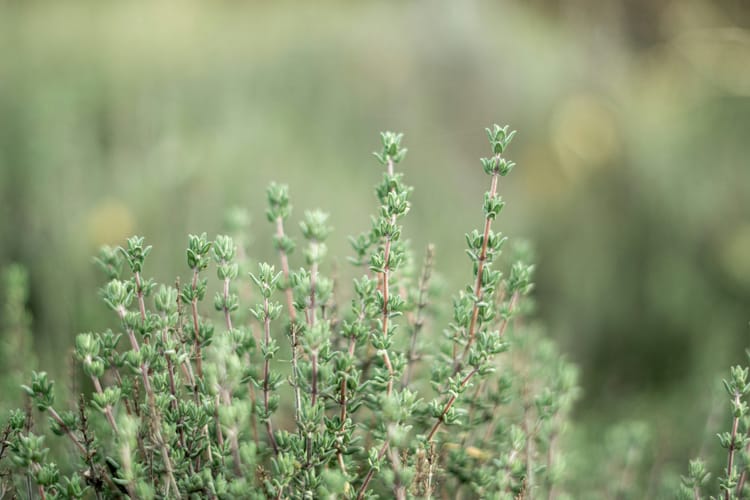
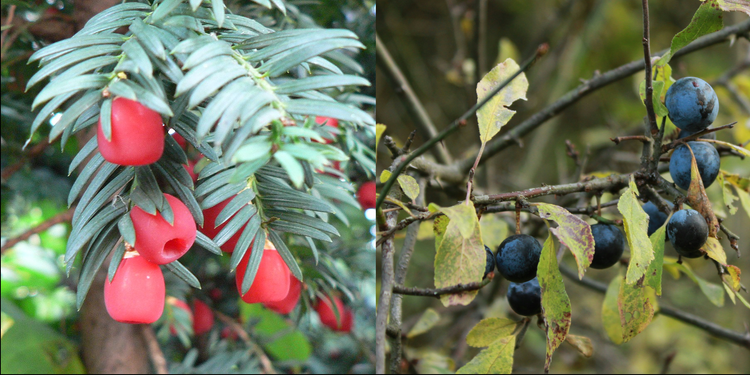
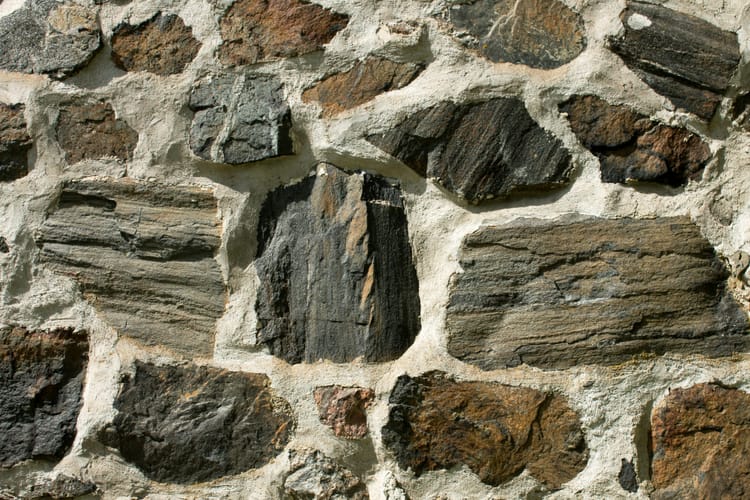
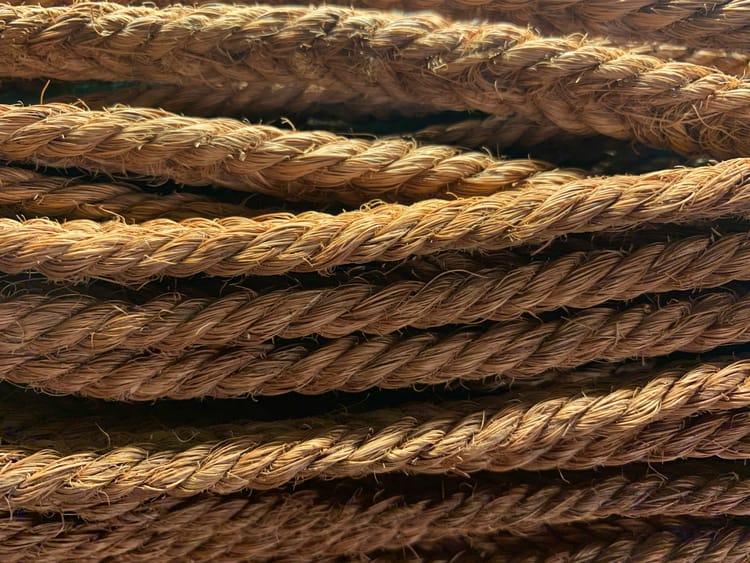
Member discussion